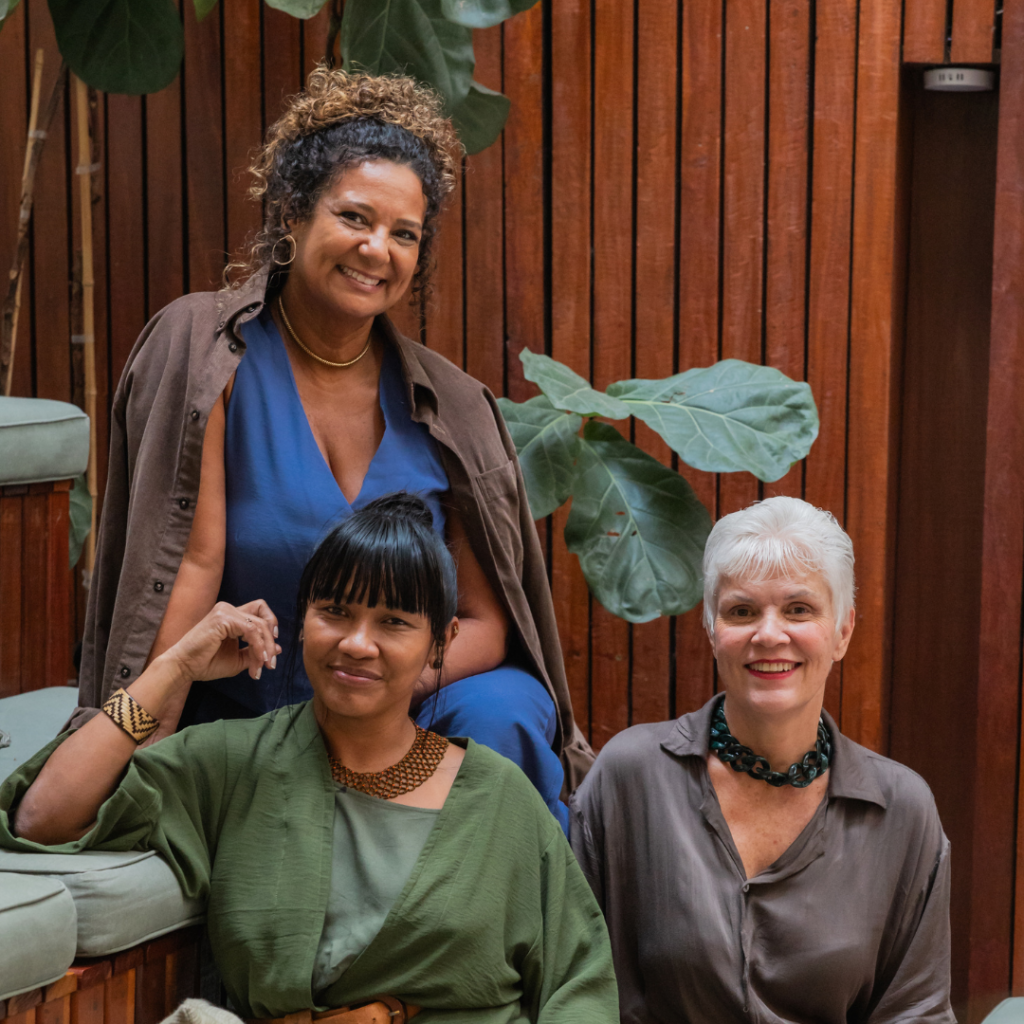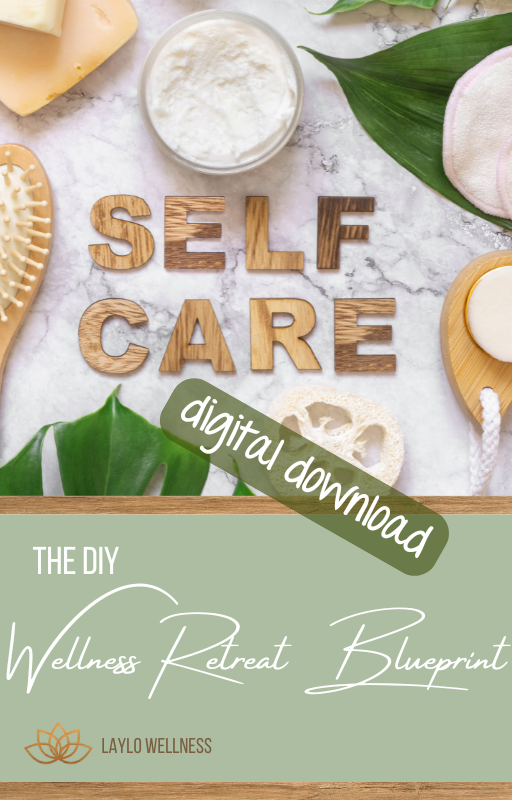What’s really keeping you feeling lonely?

We can be masters at telling lies to ourselves. One of the biggest ways we do this is why we feel lonely.
You can be successful and admired. You can lead in your work, show up for your family, and keep the wheels turning every single day. And still — we feel profoundly alone. We think it doesn’t add up.
Not the “I don’t know anyone” kind of alone. The other kind. The quiet kind. The kind where no one really knows what you’re carrying. Where the texts are mostly logistics. Where your calendar is full, but your personal life feels hollow.
If this is you, you’re not broken. You’re not failing. But you are likely believing things that aren’t true. And those beliefs? Those lies? They’re keeping you disconnected.
Let’s talk about what’s actually in the way—and what to do about it.
1. The Comparison Trap
You scroll through group selfies, party pics, dinners out, and matching pajama traditions. Everyone else looks like they’re living inside a holiday commercial.
It’s easy to assume you’re the outlier. That other women have friend groups locked in, with standing brunch dates and late-night text threads you somehow missed out on.
They don’t.
Most of what you’re seeing is curated. Cropped. Posted with purpose. Real connection rarely makes it to the feed. Don’t mistake proximity for intimacy. Don’t confuse performance for presence.
If your life feels quieter, it doesn’t mean it has to stay that way. You don’t need to be invited in—you can initiate. Host a dinner. Start a group. Schedule a walk. Create the thing you wish existed. Chances are, others are waiting too.
2. The “Low Maintenance” Lies
You’ve told yourself you’re independent. That you don’t need a lot of friends. You’re too busy anyway. Too focused. Too grown to chase down social plans.
But needing fewer people doesn’t mean needing no one.
You need at least one person who knows your actual life—not just your resume.
Someone who checks in without an agenda. Someone who remembers your hard days and circles back.
The one who would notice if you disappeared for a week.

That kind of relationship isn’t optional. It’s essential. And it doesn’t fall out of the sky. It’s built. Slowly. Intentionally. Through effort and reciprocity, not convenience.
Stop making loyalty a personality trait and connection a luxury. You’re not “too much” for wanting deeper friendship. You’re human.
3. The Belief That You’re the Exception
Here’s something almost no one talks about: most people think others like them less than they actually do.
Psychologists call this the liking gap. It’s the persistent belief that you’re not coming across as well as you think—or worse, that people are just tolerating you. And it’s false.
Research shows people consistently underestimate how much others enjoy their presence. That voice in your head after a dinner out or a group call—the one that replays everything you said and twists it slightly? Those are lies. That’s insecurity. And it’s blocking your ability to feel seen.
You’re more likable than you think. But you’ll never know that if you keep staying home, skipping the invite, or assuming people don’t really want to hear from you.
4. The Pressure to Keep Every Friendship Forever
Some friendships are meant to last a season. But we treat them like lifetime contracts. The lies here are that we are bad people if we outgrow a friendship and we owe it to someone to stay friends forever, even when it just no longer fits.
You were close when your kids were little. When you were both navigating divorce. When you worked at the same company or lived on the same block. But now? Your values are different. The connection feels forced. The conversation doesn’t go anywhere.
Still, you keep showing up. Out of guilt. For the sake of nostalgia. Out of habit.
Let. it. go.
Keeping old relationships alive out of obligation drains your energy and creates resentment. More importantly—it takes up space. Space that could be used to invite in new people who align with who you are now, not who you were ten years ago.
Friendships aren’t failures because they end. They’re chapters. And part of maturing emotionally is knowing when to close one.
5. The Justified Excuses
Let’s name them:
- I’m tired.
- I’ve got too much going on.
- I don’t have time to keep up with people.
- I’m introverted.
- I have social anxiety.
- I’ve been burned before.
All of these may be true. None of them are disqualifiers.
Life is full. Energy is limited. But that doesn’t change this: you need people. Not hundreds. Not a curated tribe. But real connection. And connection takes effort.
You don’t need to be the life of the party. But you do need to participate in your own life.
You need to text first. Say yes when you’re tempted to cancel. Send a voice note instead of ghosting. Schedule the call. Join the thing. It will feel awkward. It will feel inconvenient. And it will be worth it.
Reframe: The Three Kinds of Friends **Truth Bomb**
Stop trying to make every friend into your forever person. I love this explanation from Mel Robbins: There are three kinds of friendships, and they all serve different purposes.
- Reason – People tied to a role or situation. Work friends. Gym friends. Other moms in the drop-off line. They might not go deep, but they serve a real function.
- Season – The friends who walk through a chapter with you. The ones you leaned on when you had toddlers, or during a breakup, or when you moved to a new city. They were everything, and now they’re a memory. That’s not a failure. It’s normal.
- Lifetime – The rare few who are still there, year after year. The ones who know the details. Who don’t need context. Who show up when it’s inconvenient. These are your 4am people. Treasure them. And if you don’t have one yet, be one.
When you stop forcing friendships into the wrong categories, you’ll free yourself from disappointment—and build more honest, present relationships.
What Now?
Connection isn’t something you wait for. It’s something you build.
Start small:
- Text someone you’ve been meaning to reach out to.
- Record a 20-second video message instead of just liking their post.
- Invite someone to walk, not to dinner—low pressure, no cleanup.
- Be the one who goes first.
It’s not about becoming someone else. We don’t want to create more self-inflicted lies! It’s about remembering who you are—and making space for people who see that version of you.
The one who isn’t just accomplished, but alive.

You don’t have to choose between success and well-being. Step away from the chaos, reset your mind and body, and realign with what truly matters. Our wellness retreats, online courses—including building deeper connection and community—and free resources give you the space to breathe, reflect, and design a life that feels fulfilling—without guilt, without compromise.
Be the first to know about upcoming retreats—join the info list for dates and details.
Let’s stay connected! Follow us on Instagram, Facebook, YouTube, LinkedIn, and Pinterest, and join the LAYLO Shala for exclusive updates and insights.














